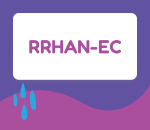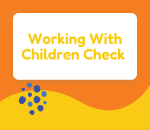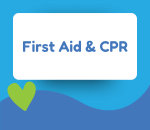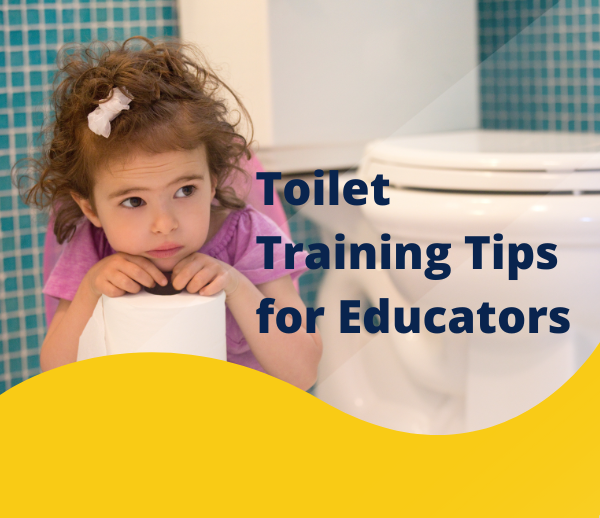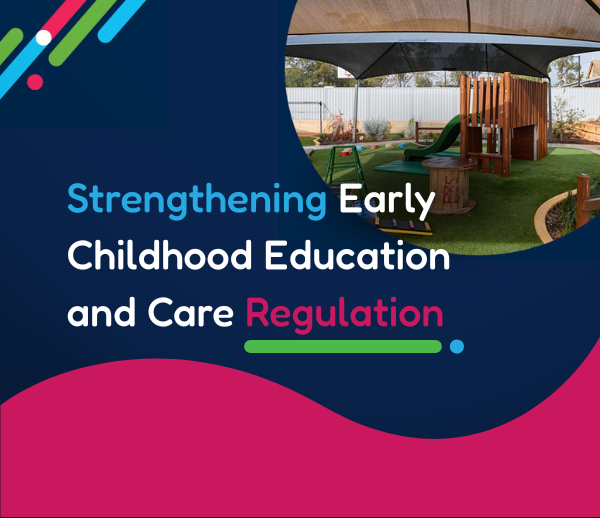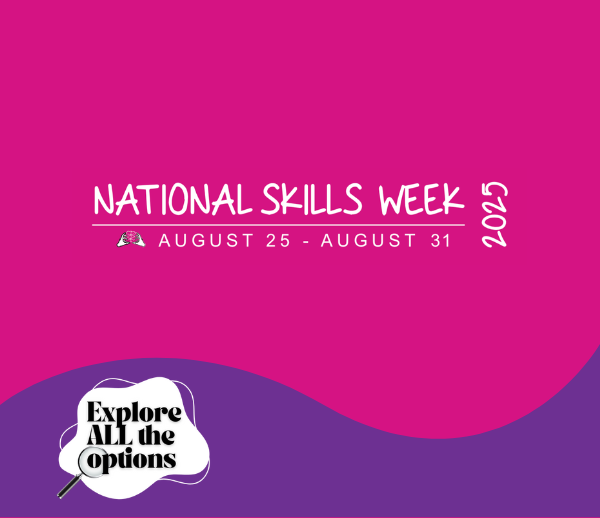Small Steps, Big Difference: Celebrating Plastic Free July in Early Childhood
Discover practical, age-appropriate ways to introduce sustainability in your early learning environment this Plastic Free July. From hands-on activities to family engagement ideas, explore how small, everyday actions can help reduce plastic use and empower children to care for their world. [Read the full blog →]
Plastic Free July is a global movement that empowers individuals to reduce their use of single-use plastics and make more sustainable choices. For early childhood educators and families, it is a valuable opportunity to instil eco-friendly habits in young children through engaging, hands-on activities.
Why Focus on Plastic
Plastics are made to last, which means they do not biodegrade easily. Instead, it breaks down into smaller pieces, posing threats to wildlife and ecosystems. Only about 9.4% of plastic waste gets recycled, with the rest ending up in landfill or polluting our environment. Teaching children about the impact of plastic encourages them to make informed choices from an early age.
Engaging Activities for Young Learners
Here are some age-appropriate activities to introduce the concept of reducing plastic use:
Rubbish Materials Game
Gather a variety of clean, safe waste items such as paper, metal and plastic. Ask children to sort them by material and discuss which items can be reused or recycled. This sensory activity supports learning about waste and environmental responsibility.
Create a “Trash Monster.”
Using recyclable materials like cardboard tubes, egg cartons and bottle caps, children can construct their own “trash monster.” This activity encourages creative play while reinforcing the benefits of reusing everyday items.
Nature Walks with Plastic-free Snacks
Plan a walk and pack snacks in reusable containers. Along the way, collect natural items such as leaves or interesting stones (without disturbing habitats). Use this opportunity to discuss the importance of caring for the natural environment.
Storytime with Eco-themed Books
Books are a powerful tool to build environmental awareness. Consider reading:
- The Earth Book by Todd Parr
- Somebody Swallowed Stanley by Sarah Roberts
- Not for Me, Please! by Maria Godsey
These stories offer accessible ways to explore environmental themes with young children.
Plastic-free Picnics
Host a picnic at your centre using reusable cutlery, containers and cloth napkins. Involve children in preparation to reinforce practical sustainability choices.
How You Can Get Involved
There are many ways to participate in Plastic Free July, as outlined on the official Plastic Free July website. Whether you are an educator, a parent or part of a broader early childhood community, every action contributes to change.
Take the Plastic Free July Challenge
Sign up for the official challenge as an individual, centre or family. You will receive helpful resources and encouragement throughout the month.
Avoid the Big Four
Focus on avoiding four of the most common single-use plastics:
- Plastic bags
- Water bottles
- Straws
- Takeaway coffee cups
Choose Reusables
Replace single-use items with durable alternatives, including lunchboxes, produce bags, reusable cups, drink bottles, and beeswax wraps.
Make Sustainable Swaps
Switch to products with less packaging, such as bar soaps, shampoo bars or refillable cleaning products.
Start Conversations
Share your plastic-free actions on noticeboards, in newsletters or through social media. Visit the Small Steps, Big Difference campaign for messaging ideas and inspiration.
Incorporate Plastic-free Thinking into your Curriculum
Use Plastic Free July as an opportunity to explore waste, recycling and sustainability in a developmentally appropriate way.
Involving Families and the Community
Creating a themed display at your centre can help engage families and colleagues. Visual storytelling, such as before-and-after photos or waste comparisons, helps to illustrate the impact of reducing plastic use. Consider creating a “plastic-free ideas wall” where families can contribute tips or product swaps.
Final Thoughts
By incorporating sustainability into your early learning environment, you are helping to raise environmentally aware children who feel empowered to care for the world around them. As Plastic Free July reminds us, small steps can make a big difference.
Connecting Teams, Talent & Educators
Thank you for reading our latest blog. If you are a candidate, click to view our Permanent Jobs or explore our latest Temporary Opportunities.
If you are a client looking to find your next permanent or temporary staff member, Entrée Early Years can help. Hire or Book Early Childhood Staff today!

